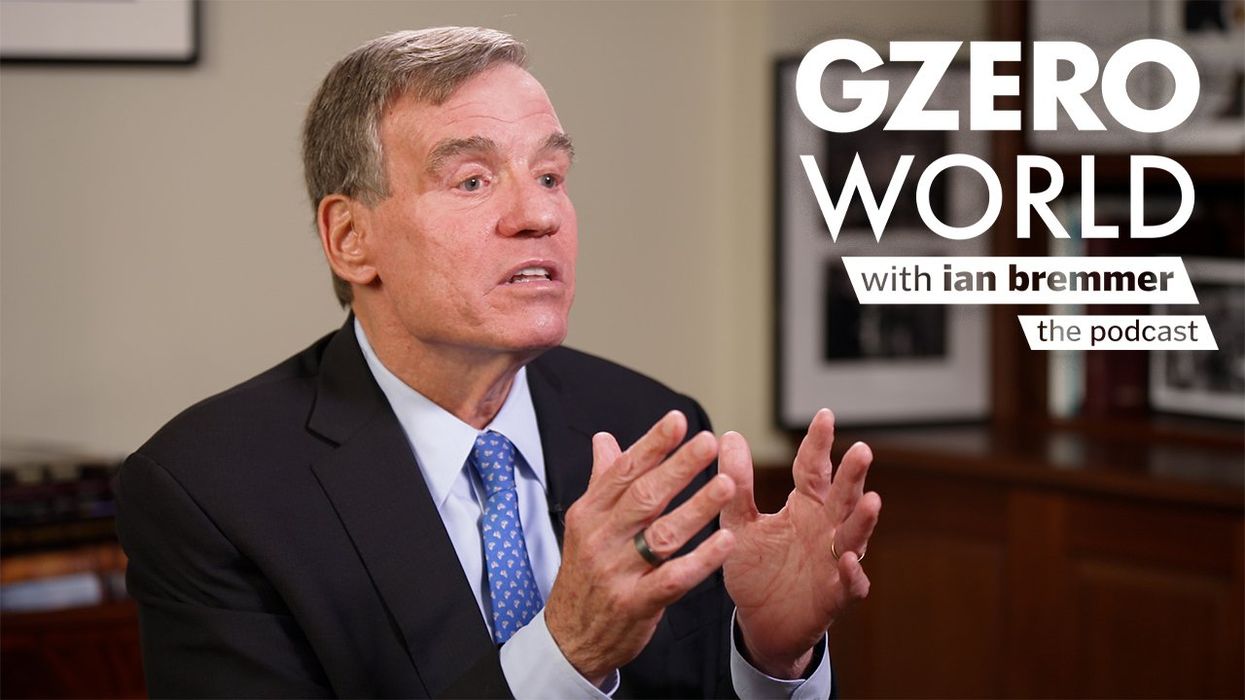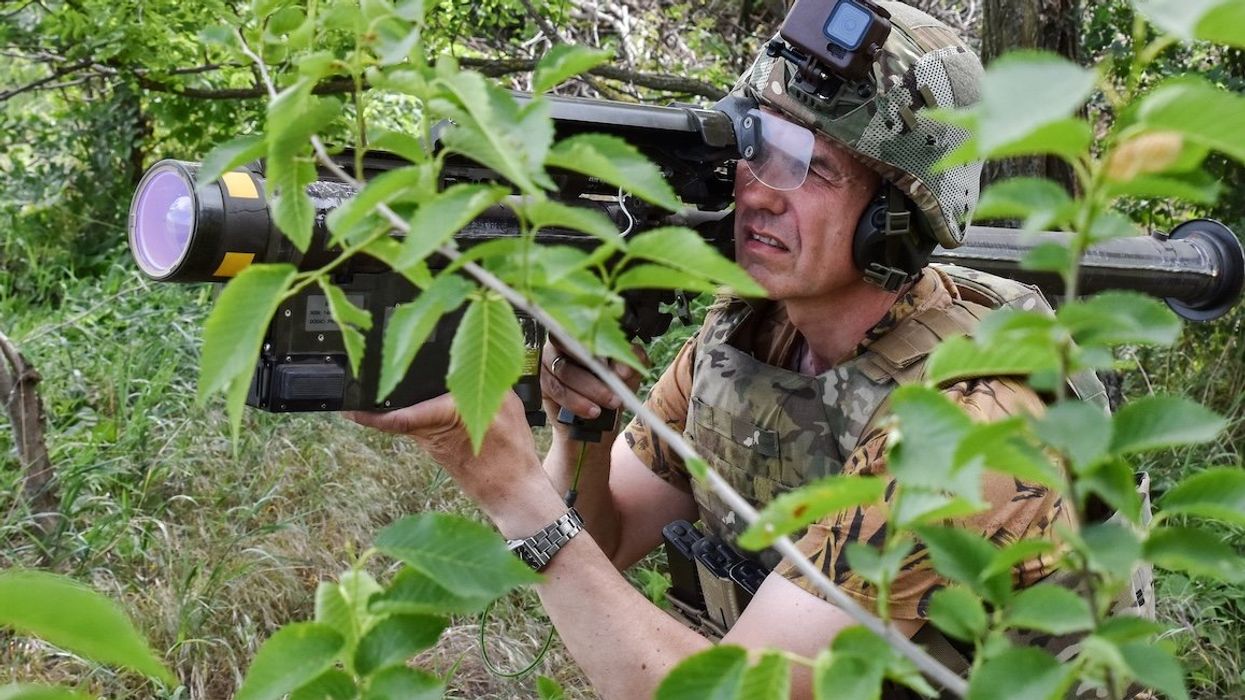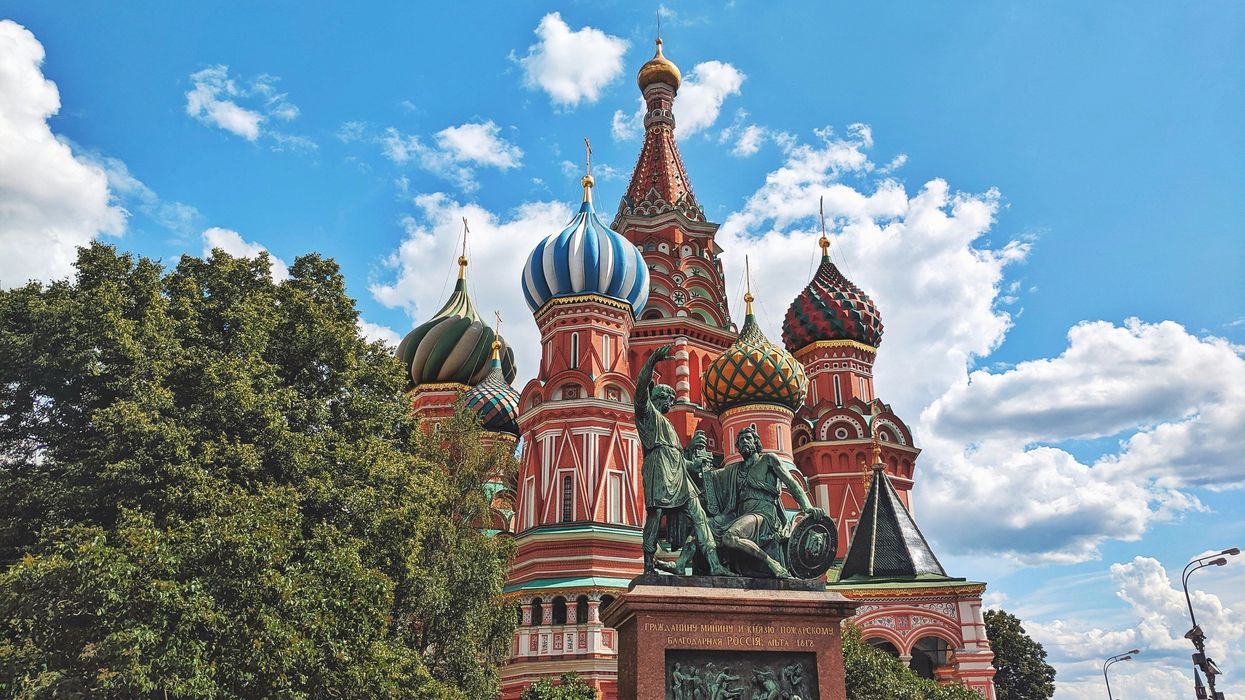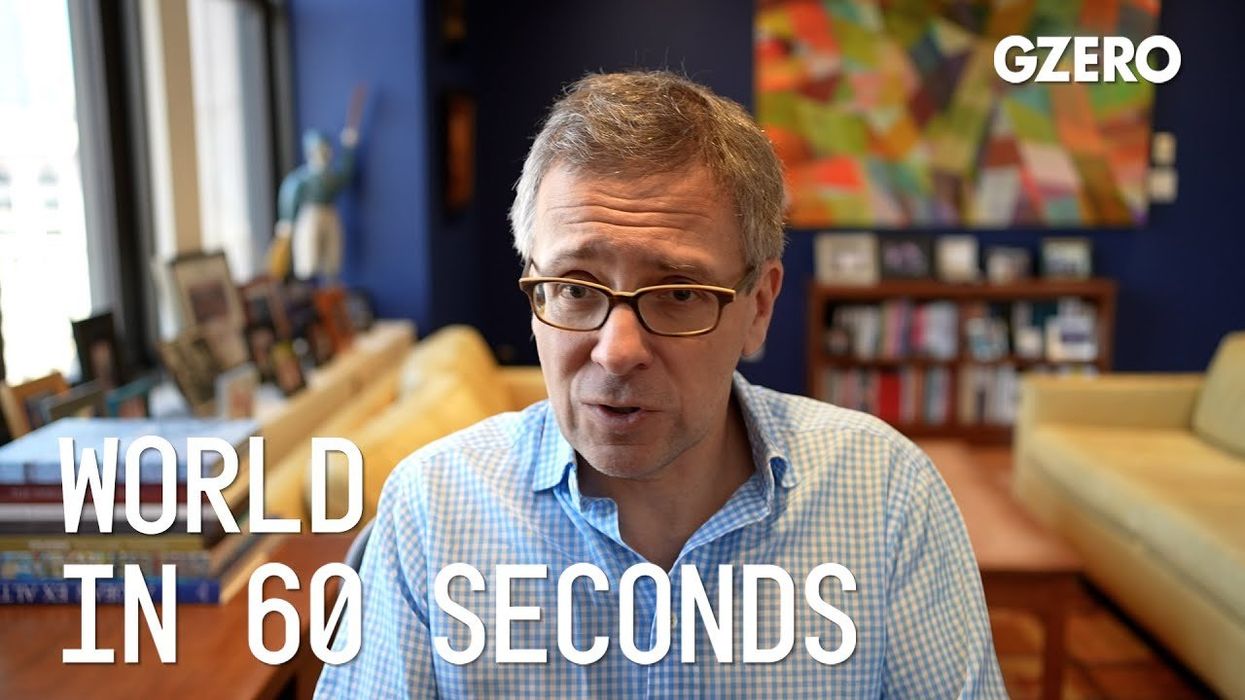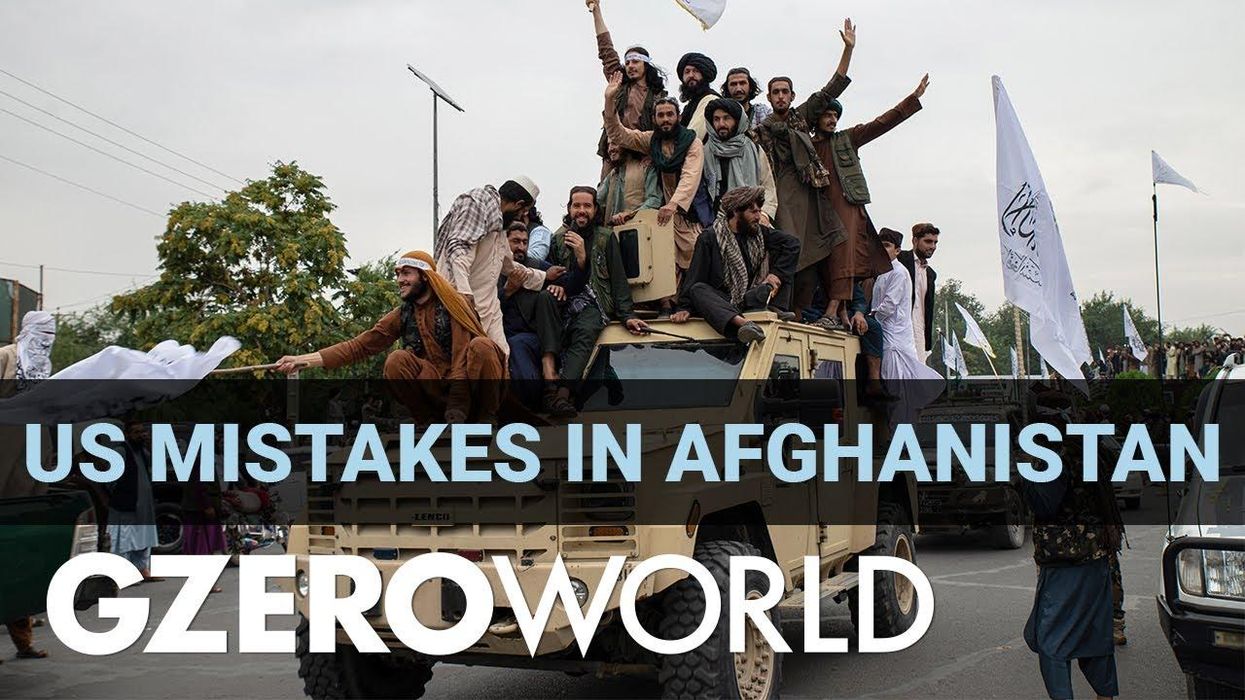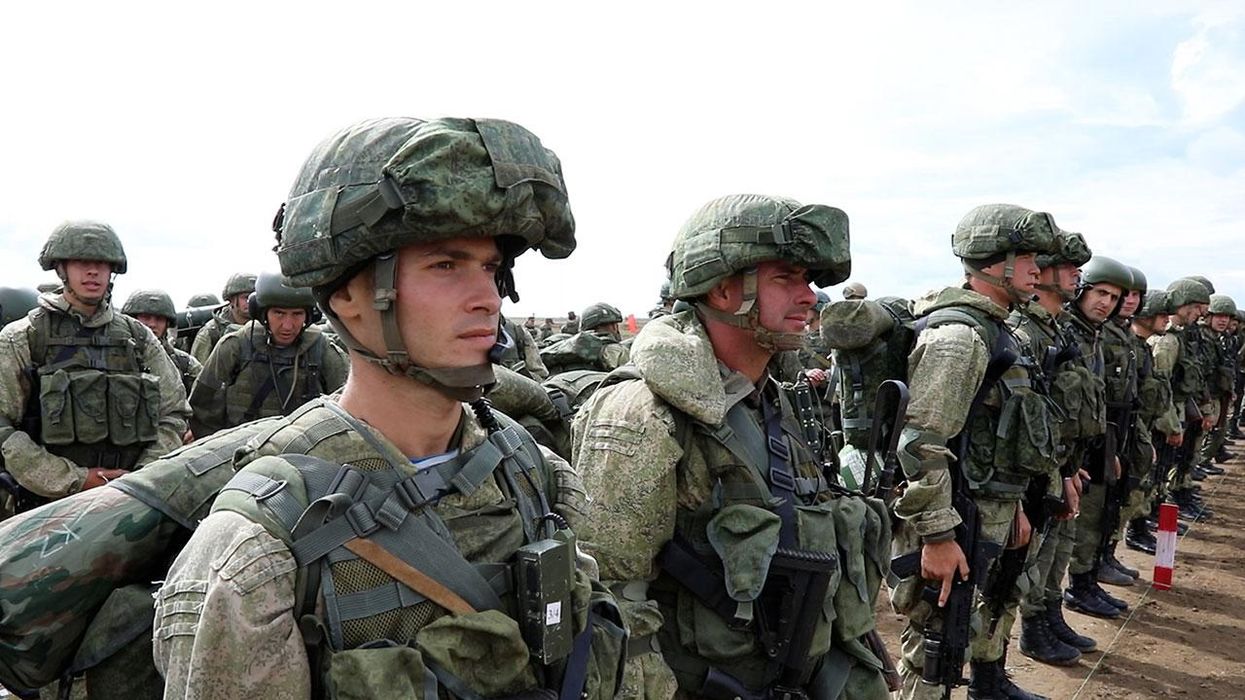GZERO World with Ian Bremmer Podcast
Spy games and loyalty tests with Senator Mark Warner
Ian Bremmer sits down with Virginia Senator and Senate Intelligence Chair Mark Warner to break down a successful summer for President Trump—and the urgent Democratic pushback building inside Washington.
Jul 19, 2025
